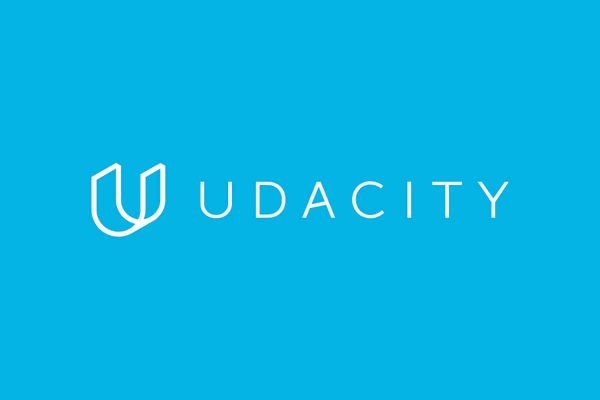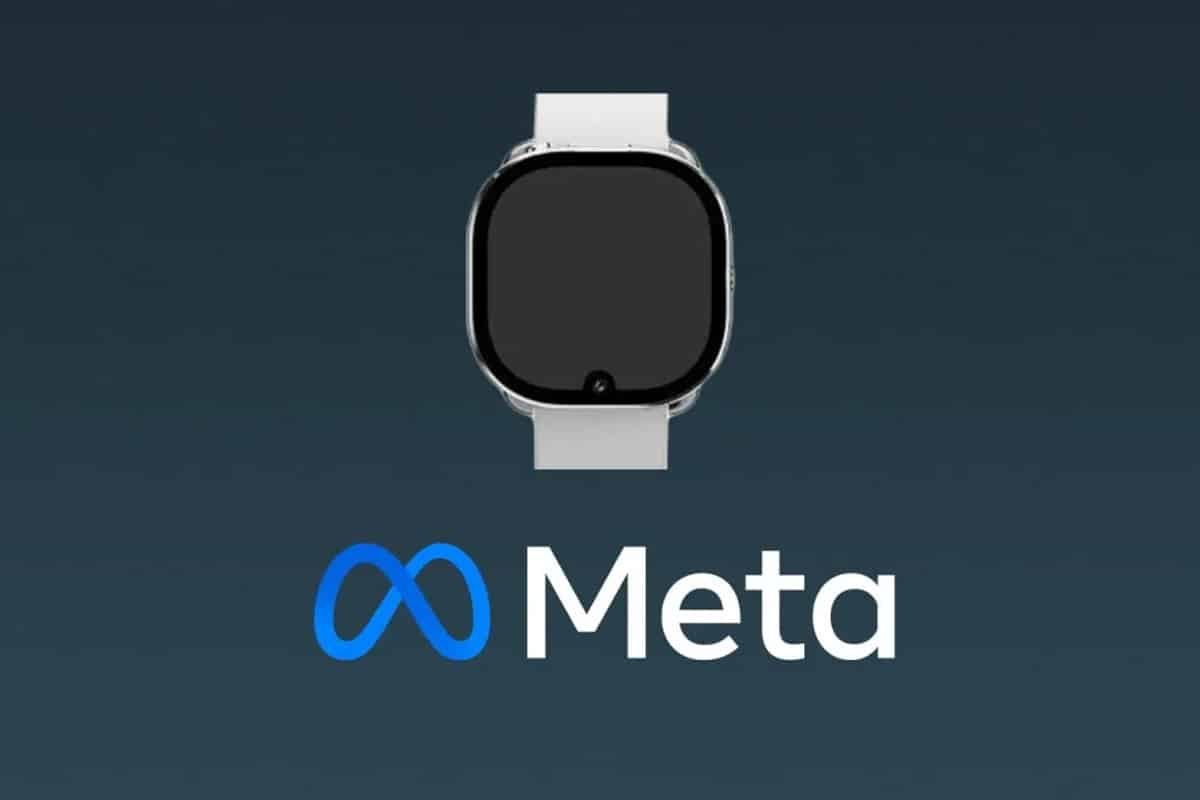About
Udacity, an edtech giant, had achieved rapid growth by 2018, expanding to over 700 employees globally. In 2015, the company raised $105M in a Series D round from Andreeson Horowitz, valuing it at $1 billion. Central to Udacity’s mission was democratizing education through Massive Online Courses (MOCs), like their pioneering Self-Driving Car course, led by renowned expert Sebastian Thrun. However, two significant challenges loomed: low graduation rates in MOCs—a common issue in online education—and difficulties in mobile app roadmap prioritization which was leading the app to not grow as fast as leadership desired.
The challenge
Graduation Rates: Udacity’s MOCs, while innovative and high-quality, suffered from low graduation rates. This was a systemic issue in online education across all players in the space, reflecting a need for improved product features to drive student engagement and encourage student motivation.
Mobile App Roadmap: With the increasing reliance on mobile platforms for learning, Udacity needed to optimize its mobile app to better serve students. However, mobile was not an easy format to design properly for an engineering focused course leading to significant challenges in aligning the roadmap with the executive team.
Our work
Competitive Analysis and Strategy for Graduation Rates:
- BoldBetLab, as an independent strategy advisor, conducted a comprehensive competitive analysis, assessing key competitors and identifying opportunities for Udacity.
- Our team provided strategic recommendations to improve overall graduation rates, focusing on enhancing student engagement and course completion strategies.
Mobile Growth Roadmap Prioritization:
- In partnership with Udacity’s lead mobile Product Manager, BoldBetLab developed a new framework for mobile roadmap prioritization, considering factors like risk, reward, upside, and cost as well as a scoring system that the team could use to highlight the net impact of various features being proposed.
- We helped the lead product manager facilitate alignment between the mobile team and executive leadership, ensuring that the roadmap supported both immediate and long-term objectives as well as ensuring strong alignment exists to minimize execution hurdles.
Outcome
Path to improved graduation rates: Udacity prioritized our recommendations, which put Udacity on a path leading to noticeable improvements in graduation rates.
Mobile roadmap prioritization framework: the new mobile roadmap prioritization framework was adopted across various teams at Udacity by the SVP of product Marcus Spiering. It enabled rapid alignment and efficient deployment of resources, significantly improving the mobile learning experience.
Conclusion
The partnership between Udacity and BoldBetLab showcases the value of independent product strategy advice in addressing complex challenges in the edtech sector. The success of this collaboration in helping the teams prioritize & execute on roadmaps more effectively as well as discovering blind spots in their roadmaps for driving graduation rates demonstrates how such a partnership can drive significant business outcomes.
Key Impact
Blind spots are uncovered for driving graduation rates and the mobile roadmap prioritization process facilitated rapid prioritization at scale
“
Sim’s work on Udacity in just three months was highly impactful. The mobile roadmap prioritization process helped our teams think more holistically about their work. The blind spots uncovered by the independent competitive analysis also helped our teams prioritize new features for their roadmaps.
Markus S
X–SVP of Product at Udacity





